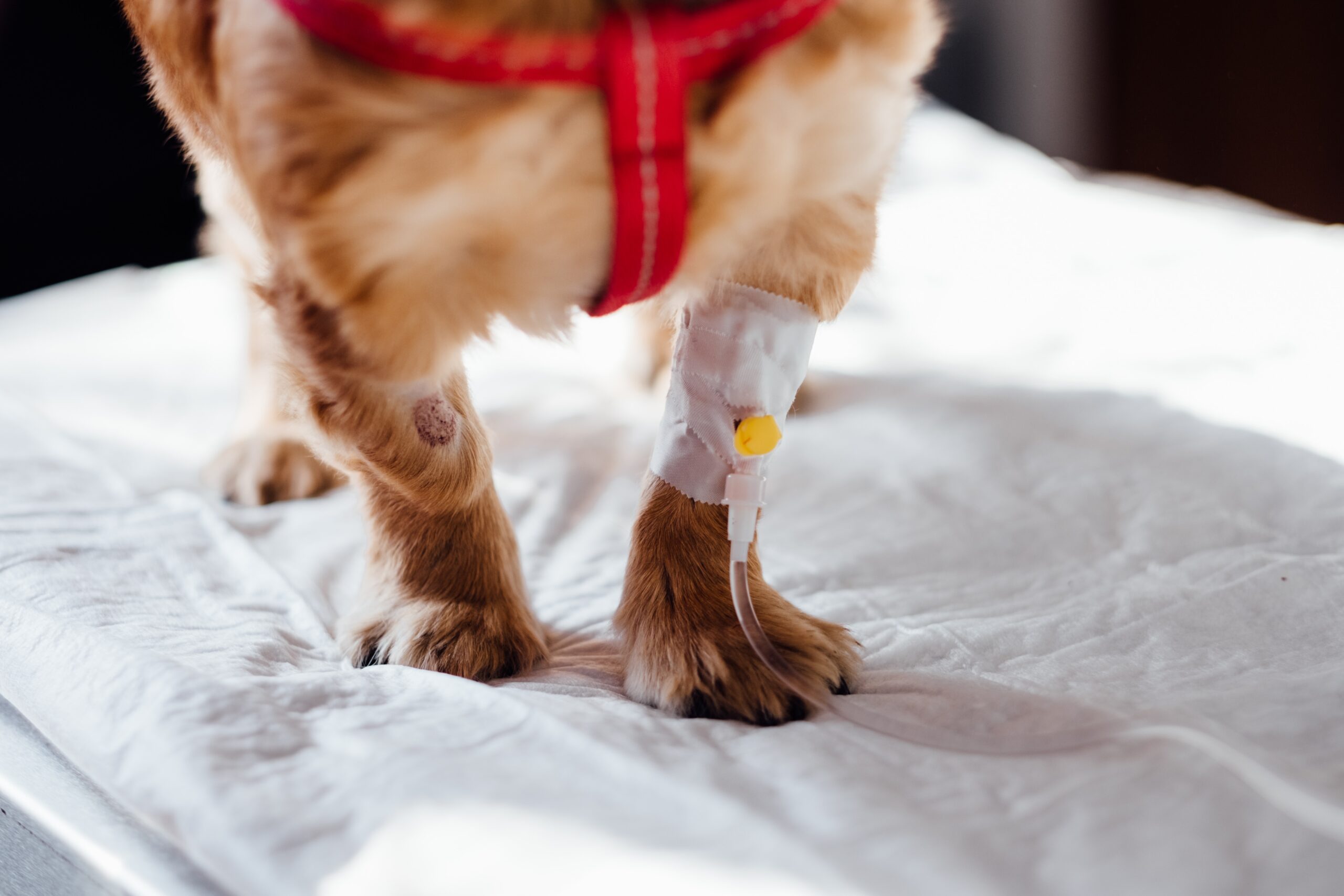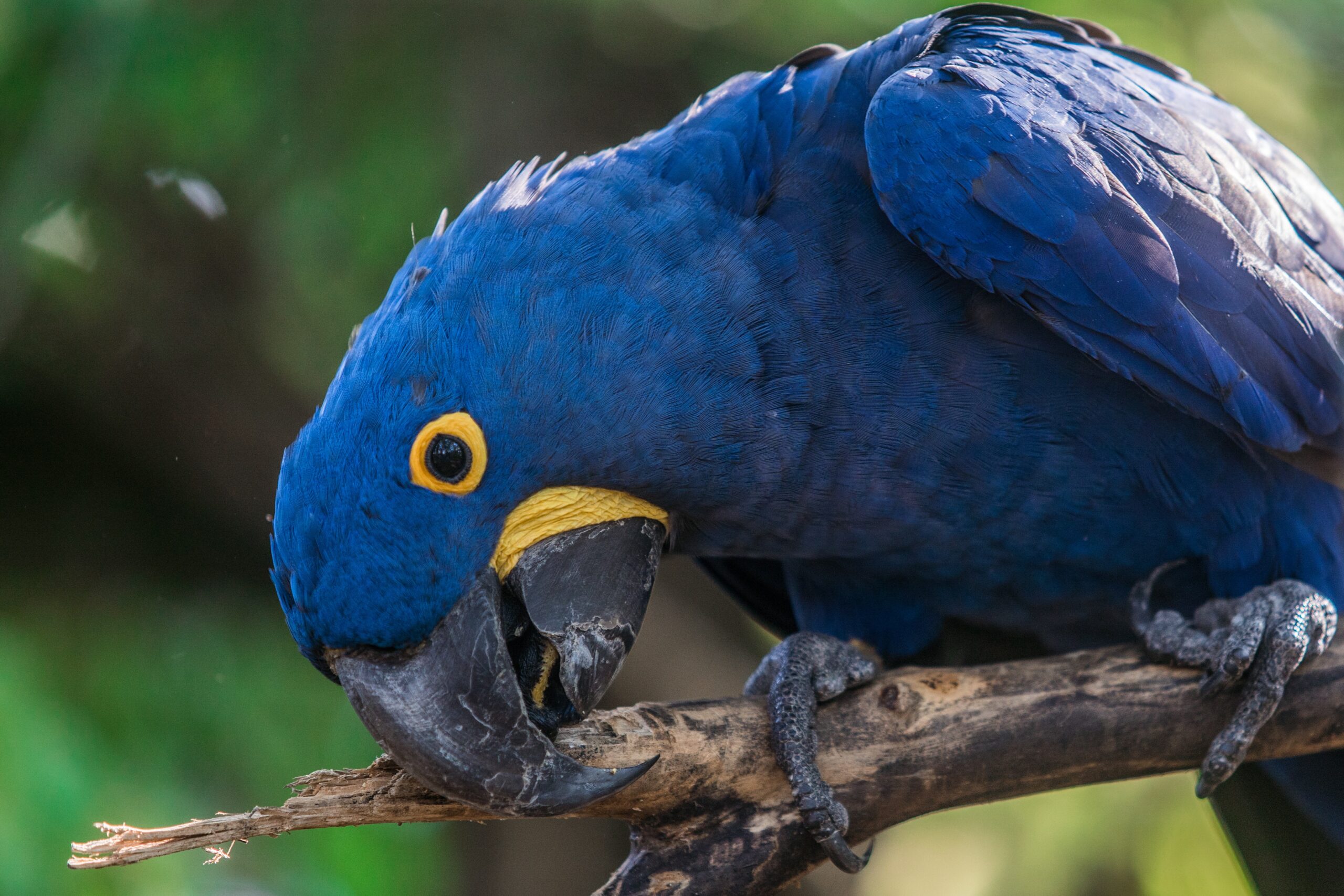Risks and Benefits of Pet Vaccinations
As pet owners, we all want our furry friends to live a long and healthy life. One way to ensure their well-being is by getting them vaccinated. Vaccinations are essential for preventing deadly diseases and infections in pets. However, just like any medical procedure, pet vaccinations come with their own set of risks and benefits.
In this article, we’ll discuss about the risks and benefits of pet vaccinations so you can make an informed decision about vaccinating your pet.
Benefits of Pet Vaccinations:
- Prevents Deadly Diseases: Vaccines can protect your pets from fatal diseases such as distemper, parvovirus, rabies, and more. These diseases can be fatal if not treated in time, and getting your pet vaccinated ensures they are protected.
- Cost-Effective: Vaccines are much cheaper than the cost of treating a disease. Vaccines can protect your pet from deadly diseases, and in turn, save you a lot of money on medical bills.
- Herd Immunity: Vaccinations not only protect your pet but also help protect the entire pet population. Vaccinating your pet helps prevent the spread of diseases, creating herd immunity that benefits all pets.
- Required by Law: Some vaccinations such as rabies are required by law. Not vaccinating your pet can lead to fines or legal action.
Risks of Pet Vaccinations:
- Adverse Reactions: Although rare, some pets can have adverse reactions to vaccinations. These reactions can range from mild to severe, and may include vomiting, diarrhea, and anaphylactic shock. It’s important to monitor your pet after they have been vaccinated and seek veterinary care if necessary.
- Over-Vaccination: Over-vaccination occurs when pets receive vaccinations they do not need or receive vaccinations too frequently. This can lead to health problems such as autoimmune diseases and cancer. It’s important to discuss your pet’s vaccination schedule with your veterinarian.
- Immune System Issues: Vaccinations work by stimulating the immune system to produce antibodies to fight against the disease. However, if your pet’s immune system is compromised, vaccinations may not be effective. It’s important to discuss your pet’s health status with your veterinarian before vaccinating.
- Not 100% Effective: Vaccines are not always 100% effective. There is still a chance that your pet may contract a disease even after being vaccinated. However, vaccinated pets have a much lower risk of contracting a disease than unvaccinated pets.
Conclusion:
Pet vaccinations are an essential part of ensuring your pet’s health and preventing deadly diseases. While there are some risks associated with vaccinations, the benefits far outweigh them. As a responsible pet owner, it’s important to discuss your pet’s vaccination schedule with your veterinarian to ensure they receive the appropriate vaccines at the right time.
You May be Interested in…
Vaccine Schedules for Adult Dogs and Cats
Vaccines Schedules for Puppies and Kittens






